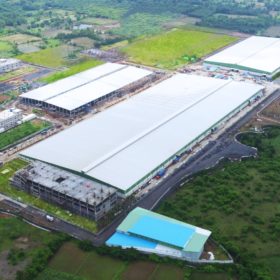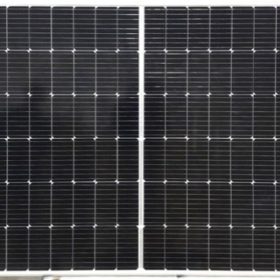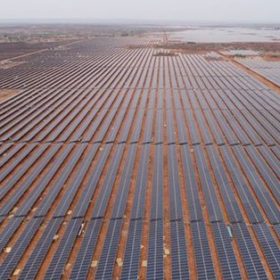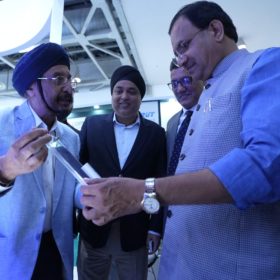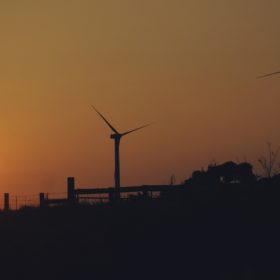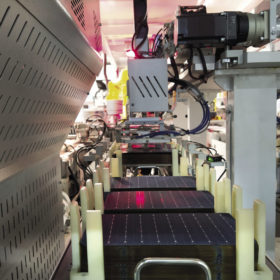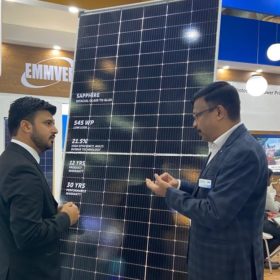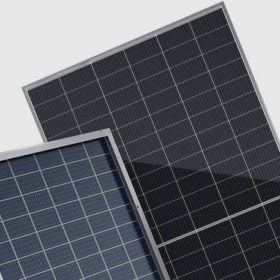Waaree Energies raises $122.4 million to expand solar manufacturing
Indian solar manufacturer Waaree Energies has raised INR 1,000 crore ($122.4 million) from a number of private investors to support its module capacity expansion to 9 GW and its new cell line to 5.4 GW.
NeoSol unveils 550 W mono PERC solar modules
Indian solar manufacturer NeoSol has unveiled its Black Pearls series of mono PERC modules. The power outputs range from 535 W to 550 W, with power conversion efficiency ratings between 20.7% and 21.33%.
Indian state set to build 1.2 GW solar park
Bundelkhand Saur Urja Ltd. has opened bids from project management consultants for the 1.2 GW Jalaun Solar Park, which is now being developed in the Indian state of Uttar Pradesh.
Premier Energies unveils India’s first M10 bifacial solar cell
Premier Energies has become India’s first solar manufacturer to develop a bifacial monocrystalline silicon PERC solar cell based on the 182 mm format. The cell has an efficiency rating of up to 23.2%.
Adani Green commissions world’s largest wind-solar hybrid plant in India
Adani Green’s newest project includes 600 MW of solar and 150 MW of wind capacity in the Indian state of Rajasthan. It will sell the electricity to Solar Energy Corp. of India under a 25-year power purchase agreement at a rate of INR 2.69 ($0.033)/kWh.
Adani targets 10 GW of polysilicon-to-solar module capacity by 2025
India’s Adani Solar will expand its PV cell and module manufacturing capacity to 10 GW per year by 2025, with backward integration up to the polysilicon stage.
Emmvee unveils 545 W glass-to-glass bifacial solar module
India-based Emmvee has unveiled its Sapphire line of glass-to-glass bifacial modules, with power outputs ranging from 530 W to 545 W. The modules are built with 144 mono PERC half cells and 10 busbars.
Jakson reveals plans to manufacture solar cells, electrolyzers
India’s Jakson Green will expand its solar module and cell manufacturing capacity to 2 GW by the end of 2024, CEO Bikesh Ogra told pv magazine this week at the Renewable Energy India Expo 2022. He said the company also has aggressive plans for green hydrogen and ammonia, with a specific focus on distributed generation.
Credence Solar unveils 670 W bifacial solar modules
India’s Credence Solar has unveiled the Quasar-Bi line of bifacial PV modules, with power outputs ranging between 650 W and 670 W. The panels are built with 132 mono PERC half cells and 12 busbars.
Goldi Solar unveils 710 Wp heterojunction PV modules
Indian manufacturer Goldi Solar has unveiled a 710 Wp bifacial solar module based on heterojunction (HJT) technology. The module is built with 132 half-cells and has a conversion efficiency of up to 22.85%.
